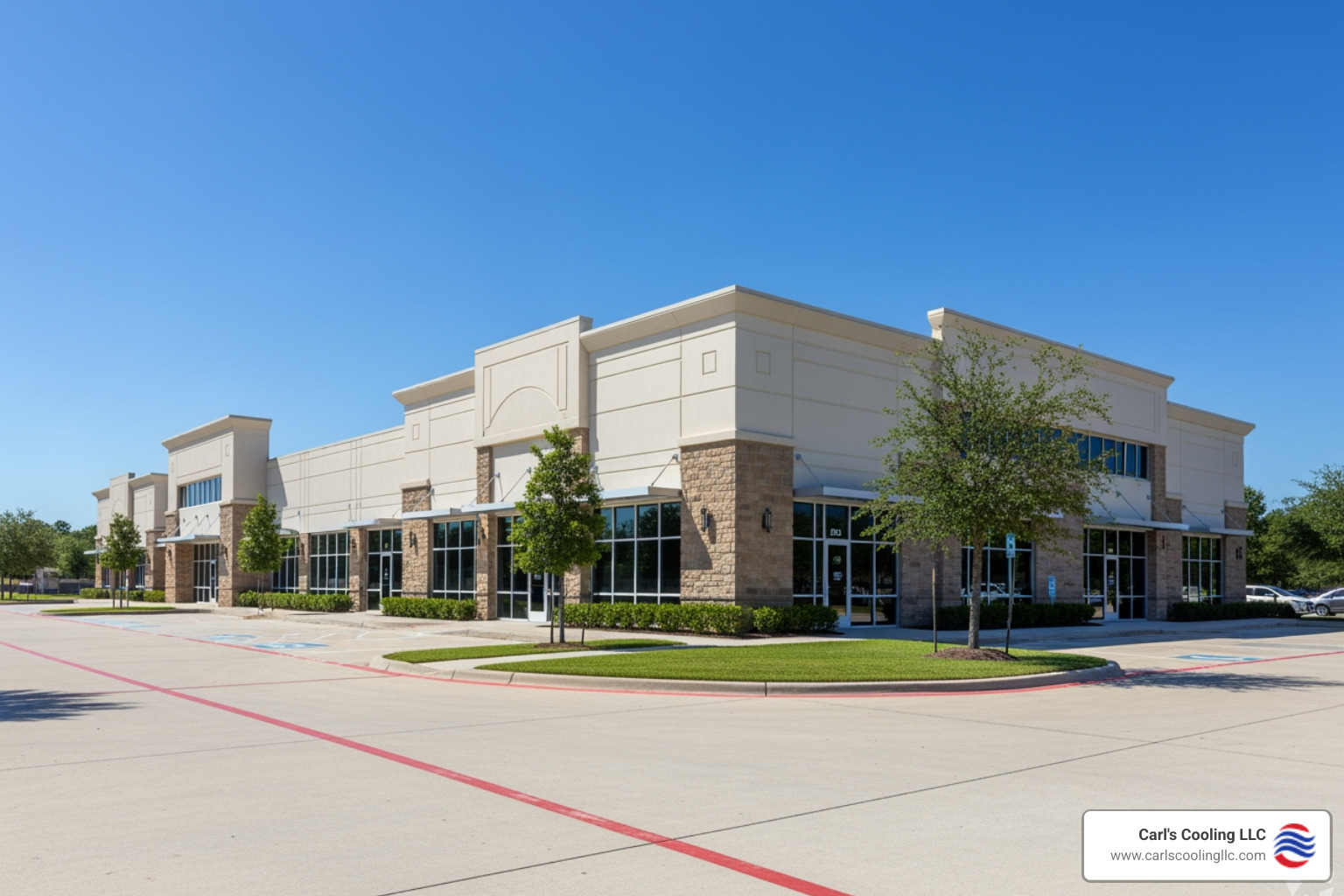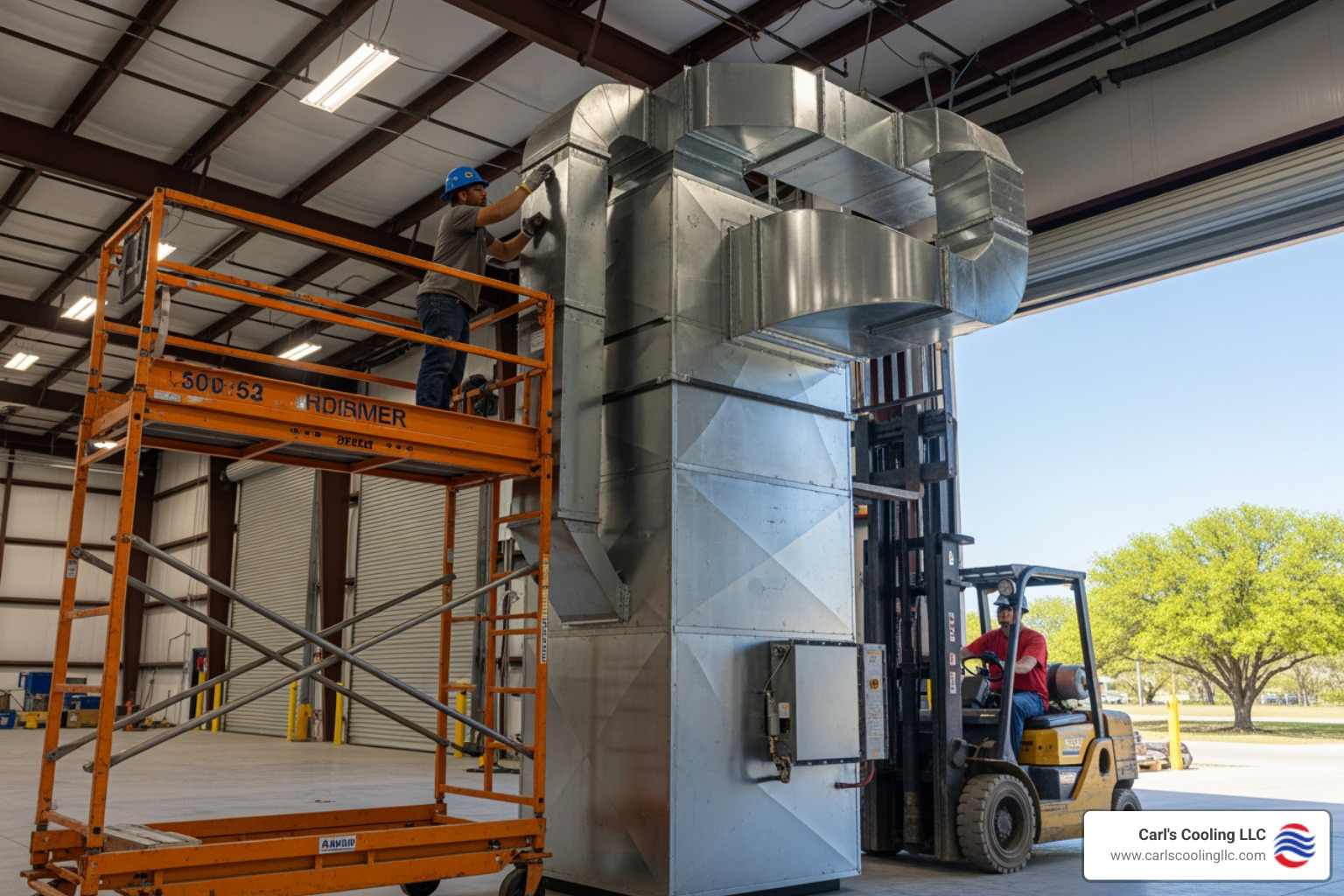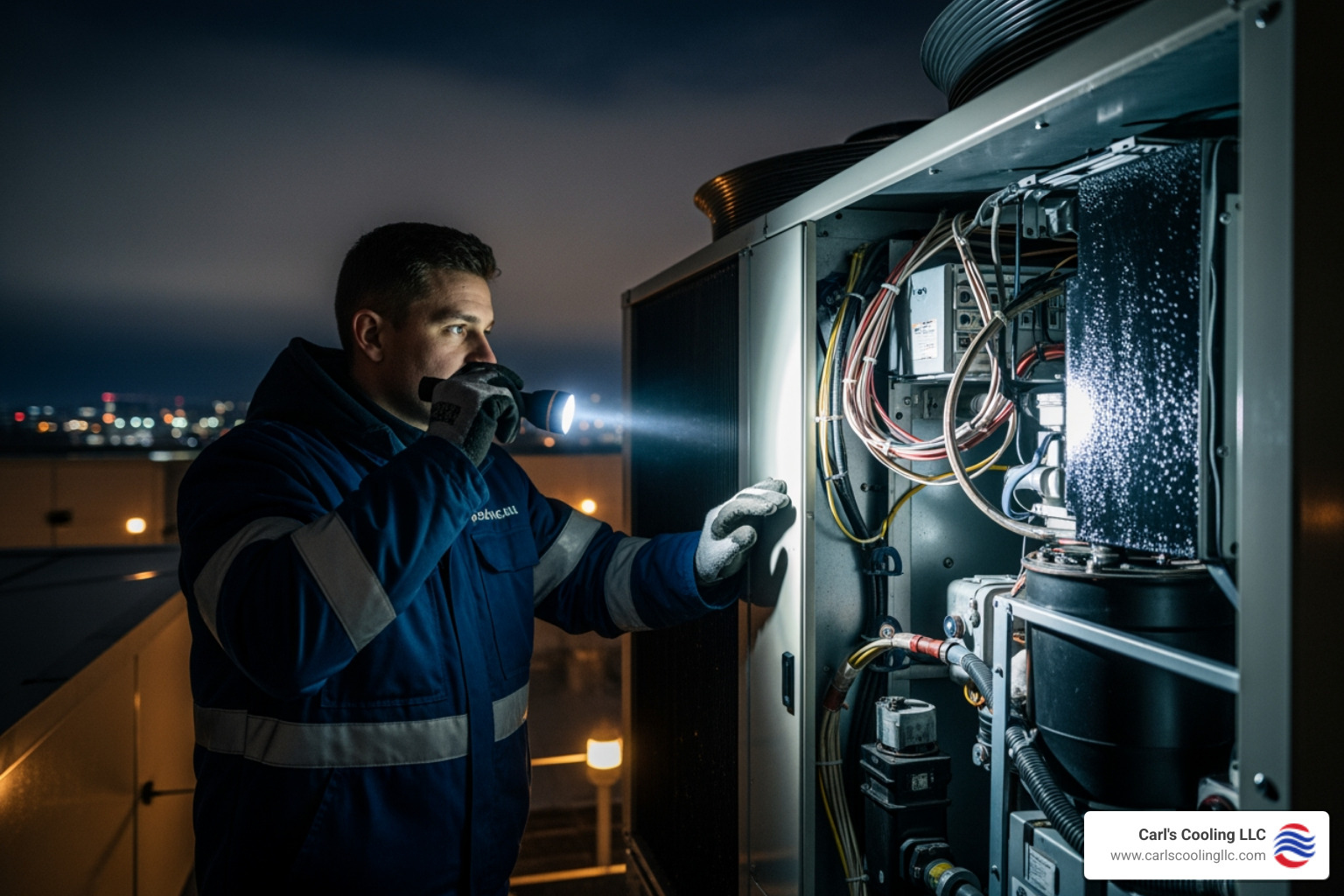Keeping your home warm during the colder months is essential for comfort and health. However, knowing when to replace your heater can be challenging. An old or malfunctioning heater can lead to high energy bills and inconsistent heating. Recognizing the signs that indicate a heater replacement is necessary can save you time, money, and discomfort.
Understanding when to replace your heater requires careful evaluation of its condition and performance. This guide will help you identify critical signs that indicate the need for a heater replacement and why upgrading can be beneficial.
Signs Your Heater Needs Replacement
Several signs indicate that it might be time to replace your heater. Recognizing these early can prevent discomfort and higher energy bills. Here are some common indicators:
1. Age of the Heater: Most heaters have a lifespan of 15-20 years. If your heater is approaching or surpassing this age, it might be time to consider a replacement. Older heaters are less efficient and more prone to breakdowns.
2. Frequent Repairs: If you find yourself calling for repairs regularly, it might be more cost-effective to replace the heater. Constant repairs can add up quickly and often signal that the unit is nearing the end of its useful life.
3. Inconsistent Heating: If some rooms in your home are warmer than others, your heater may not be distributing heat efficiently. This can be a sign of an aging or malfunctioning system that might need replacement.
4. Increased Energy Bills: A sudden increase in your heating costs can indicate that your heater is working harder to maintain the desired temperature. This inefficiency can be due to age or wear and tear.
5. Strange Noises: Unusual sounds like banging, rattling, or squeaking coming from your heater can indicate mechanical issues. Persistent noises often mean that internal components are wearing out and may need replacing.
Key Factors to Consider Before Replacing Your Heater
Before committing to a heater replacement, consider several key factors to ensure you make the right decision for your home.
1. Current Heater Assessment: Evaluate the current condition of your heater. Consider its age, recent repair history, and overall performance. An older, frequently problematic unit may justify replacement.
2. Energy Efficiency: New heaters are more energy-efficient and can save money on energy bills. Assess the efficiency rating (AFUE) of potential new heaters and compare it to your existing unit.
3. Heating Needs: Consider your home’s size, insulation quality, and specific heating needs. A heater that worked for a smaller household may not be adequate if your living space has expanded or insulation conditions have changed.
4. Cost Implications: Assess the costs involved in replacing your heater. While upfront costs may be significant, the long-term savings on energy bills and fewer repair costs can make it a worthwhile investment.
5. Available Technology: Modern heaters offer advanced features like programmable thermostats, variable-speed blowers, and high-efficiency ratings. Evaluate if these features align with your needs.
6. Environmental Impact: Newer heaters are designed to be more environmentally friendly. If sustainability is important to you, consider the environmental benefits of upgrading to a more energy-efficient unit.
Each of these factors plays a crucial role in determining whether it’s time for a heater replacement. Making an informed choice ensures that you invest in a solution that meets your needs and improves your home's comfort and efficiency.
Benefits of Upgrading to a New Heater
Upgrading to a new heater offers numerous benefits, making it a worthwhile investment for your home. Here are some key advantages:
1. Improved Energy Efficiency: New heaters are designed to be highly energy-efficient, reducing your overall energy consumption. This efficiency results in lower heating bills and a smaller environmental footprint.
2. Enhanced Comfort: Modern heaters offer better temperature control and even distribution of heat throughout your home. This improved performance ensures a more comfortable living environment, with consistent warmth in every room.
3. Advanced Technology Features: Newer models come equipped with advanced features such as programmable thermostats, variable speed blowers, and smart home compatibility. These features provide greater control over your heating system and can help maximize efficiency.
4. Reduced Maintenance and Repairs: Upgrading to a new heater can significantly reduce the need for frequent repairs and maintenance. New units are less likely to break down, providing you with reliable performance and peace of mind.
5. Increased Home Value: Installing a new, high-efficiency heater can increase your home's market value. Potential buyers will appreciate the modern amenities and reduced heating costs.
Overall, upgrading to a new heater enhances your home's comfort, efficiency, and value, making it a smart decision for any homeowner.
Choosing the Right Heater for Your Home
Selecting the right heater for your home is crucial to ensure efficient and comfortable heating. Consider these important factors when making your decision:
1. Type of Heater: Several types of heaters are available, including furnaces, heat pumps, and boilers. Each type has its pros and cons, so it's essential to choose one that suits your home's specific needs.
2. Fuel Source: Heaters can run on various fuel sources, such as natural gas, electricity, oil, or propane. Consider the availability and cost of these fuel sources in your area before making a decision.
3. Heating Capacity: The heater's size and capacity should match your home's heating requirements. An undersized heater will struggle to maintain the desired temperature, while an oversized unit can lead to inefficiency and higher energy bills. Our professionals can perform a load calculation to determine the appropriate size for your home.
4. Energy Efficiency: Look for heaters with high energy efficiency ratings. Efficient models consume less energy, reducing your heating costs and environmental impact.
5. Budget: Consider your budget for both the initial purchase and ongoing operating costs. While high-efficiency models may have a higher upfront cost, they can save money in the long run with lower energy bills.
6. Installation and Maintenance: Choose a heater from a reputable brand and ensure it is installed by qualified professionals. Proper installation and regular maintenance are vital for optimal performance and longevity.
By considering these factors, you can make an informed decision and select the right heater for your home, ensuring efficient and comfortable heating for years to come.
Conclusion
Evaluating when heater replacement is necessary involves careful consideration of various factors such as age, performance, and overall condition. Recognizing the signs that indicate the need for a new heater can help you make the right decision, ensuring your home remains warm and comfortable. Upgrading to a new heater offers numerous benefits, including improved energy efficiency, enhanced comfort, and reduced maintenance needs.
Selecting the right heater for your home requires understanding your specific heating requirements, considering fuel sources, and prioritizing energy efficiency. Ensuring proper installation and maintenance is also crucial for optimal performance. Making a well-informed choice will not only improve your home's comfort but also provide long-term savings on energy bills.
For expert guidance and professional heater replacement in Bentwater, trust the team at Carl's Quality Cooling and Heating LLC. Our professionals are dedicated to helping you find the perfect heater for your home. Contact us today to schedule a consultation and take the first step toward a more efficient and comfortable heating system.






